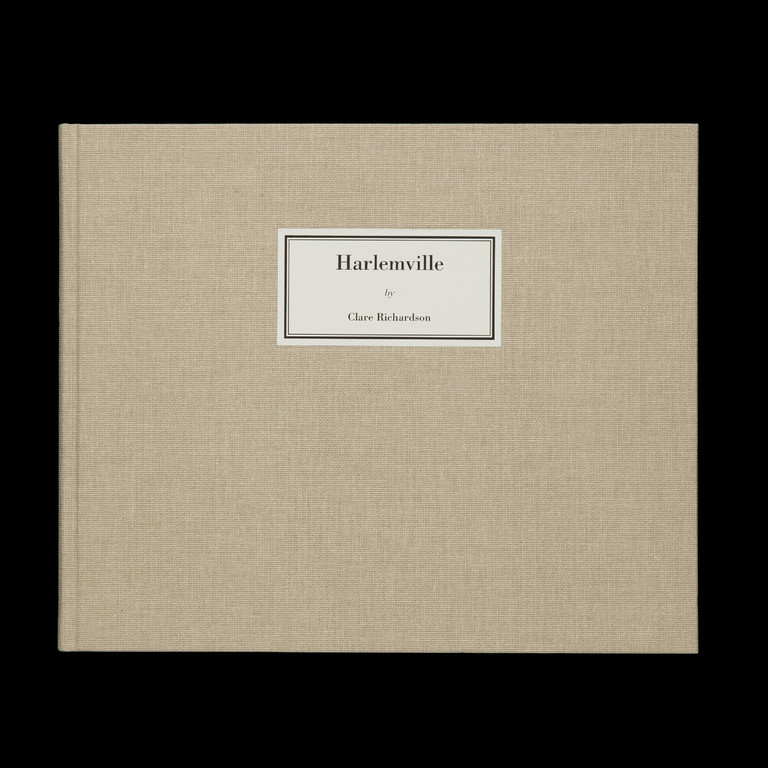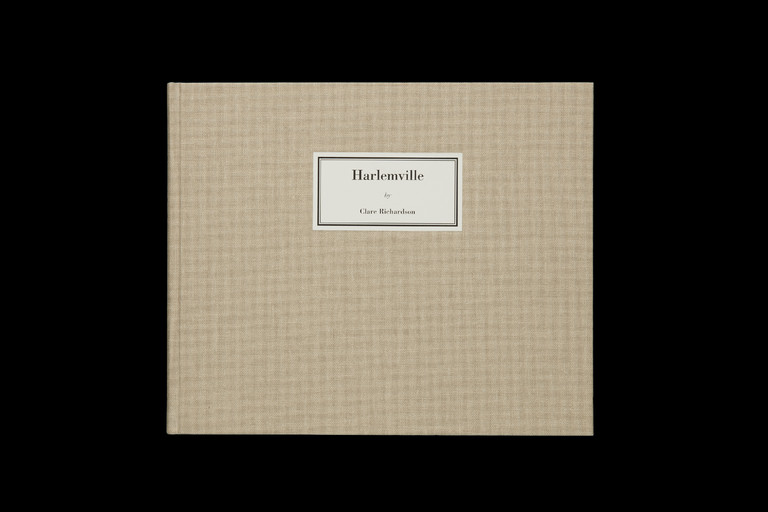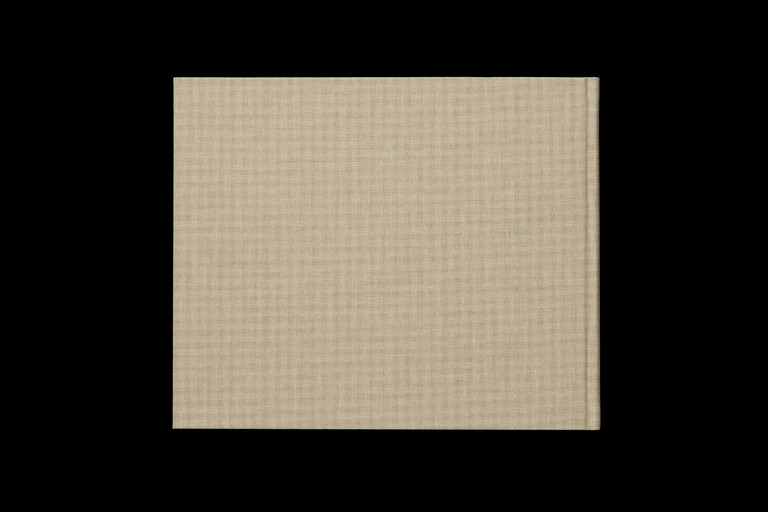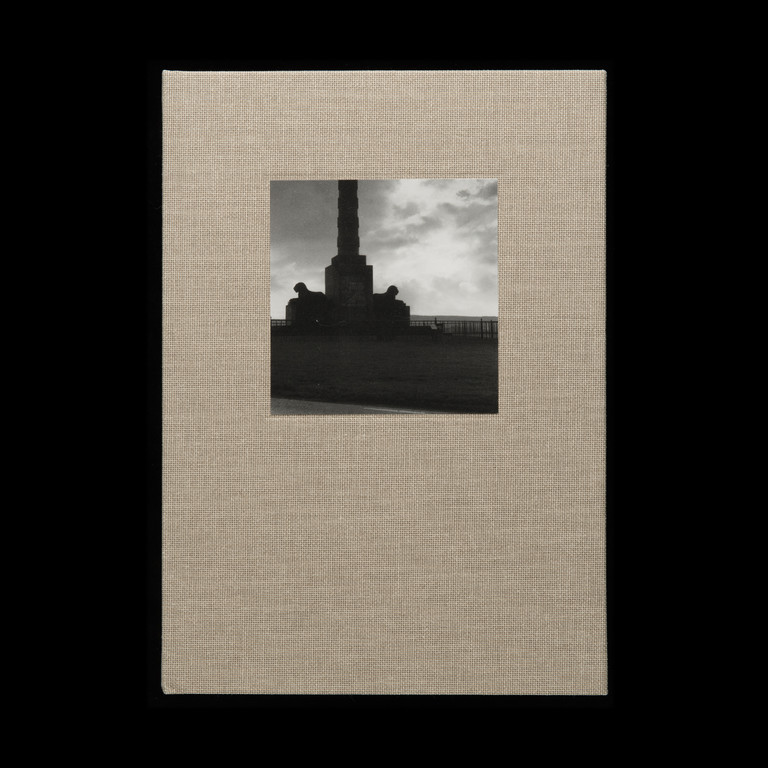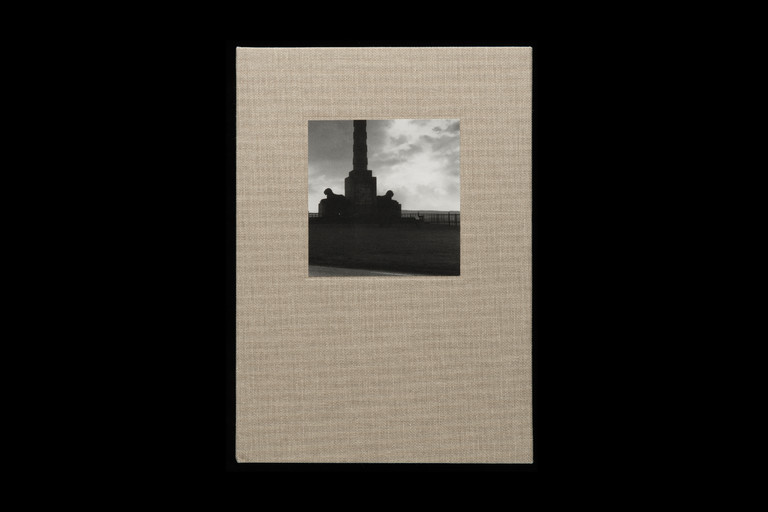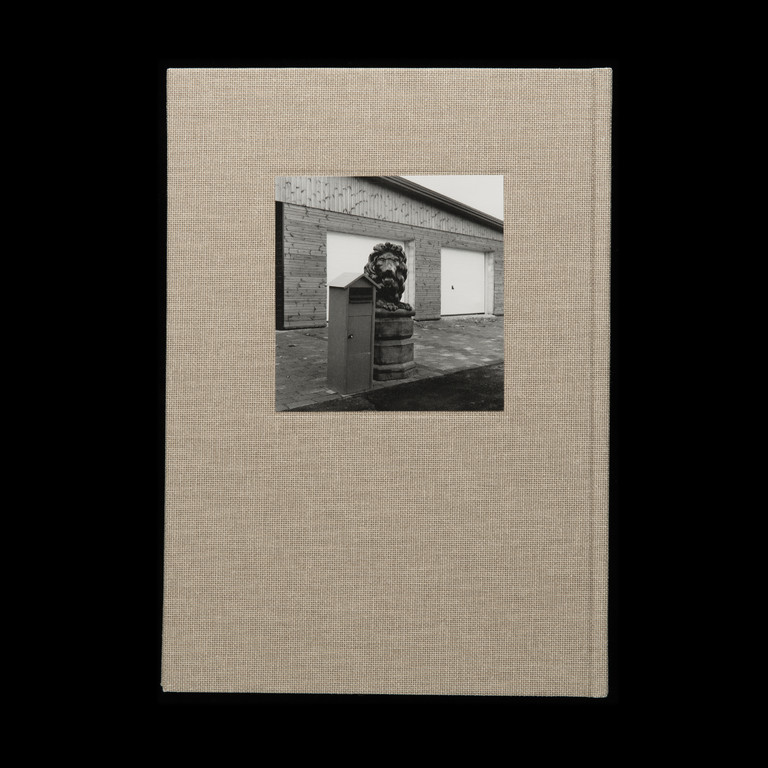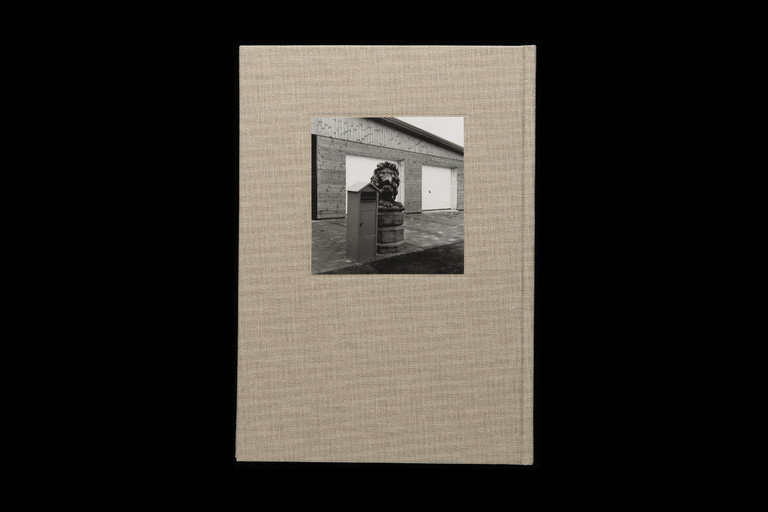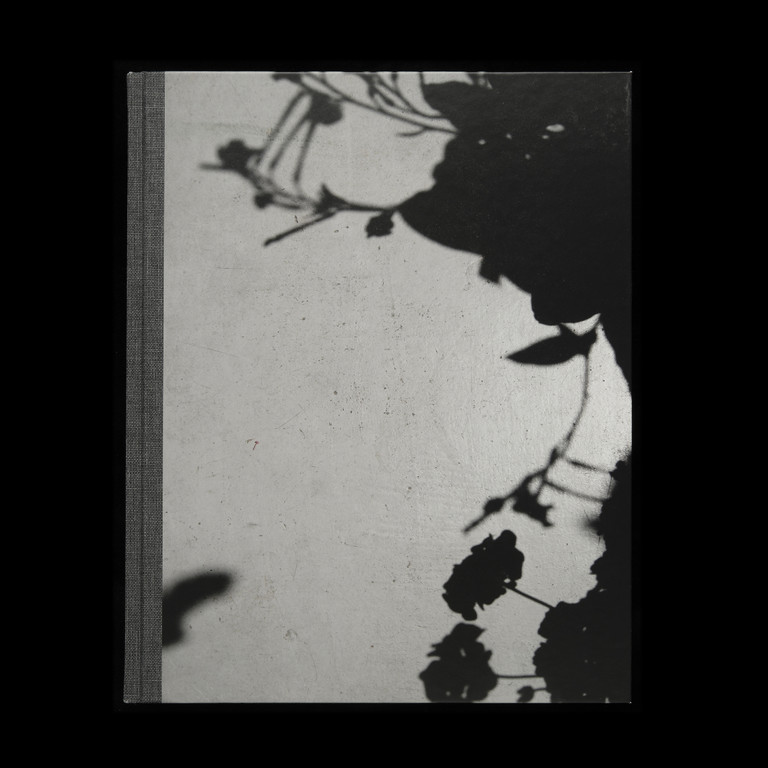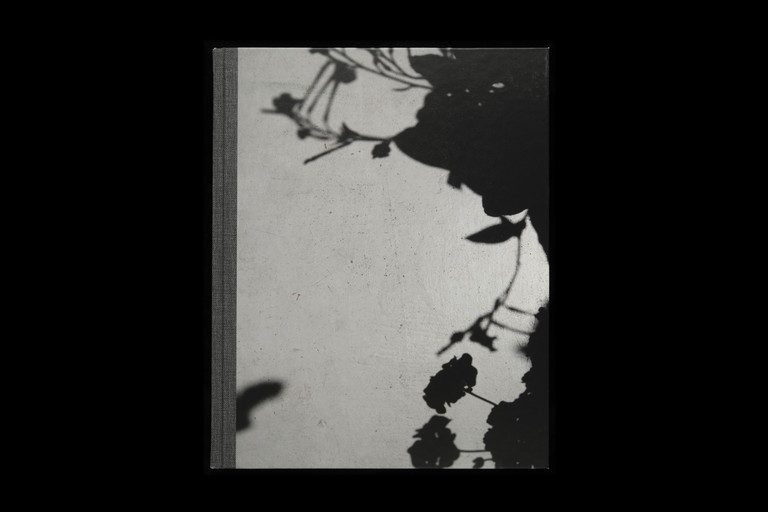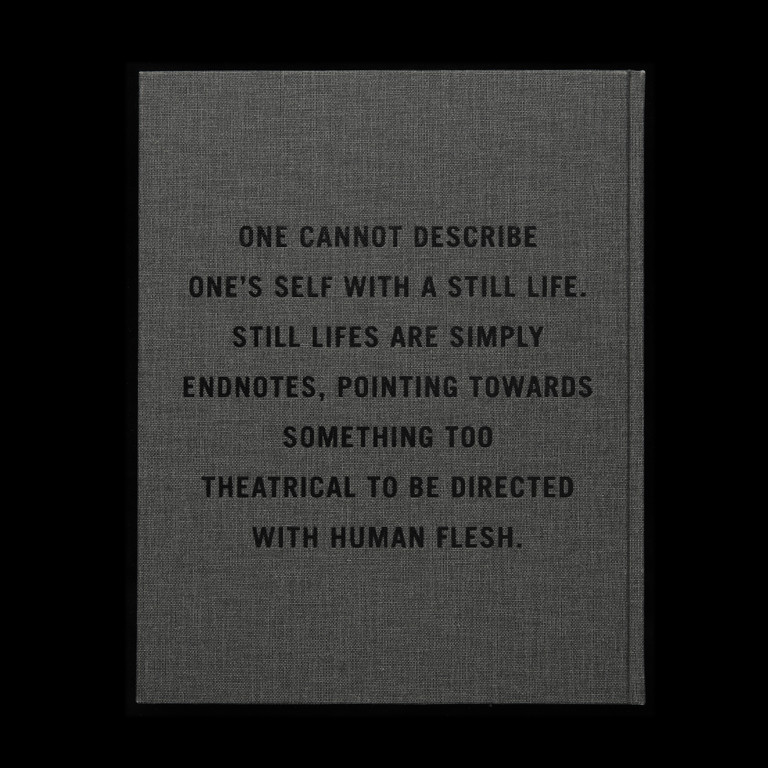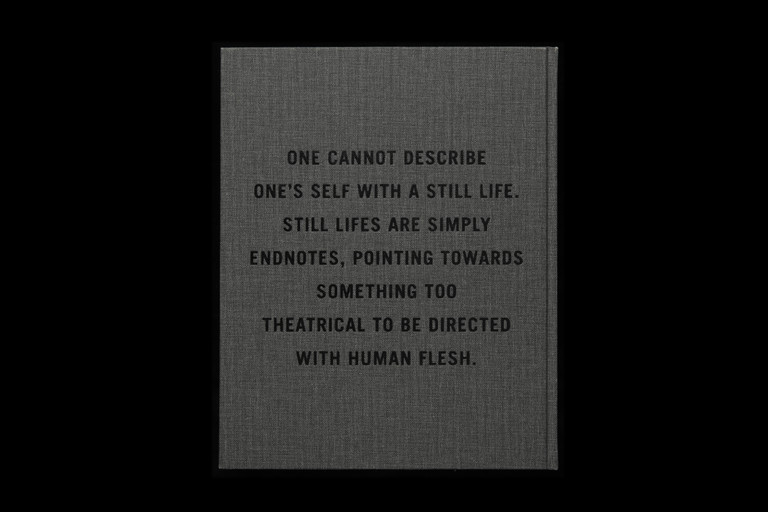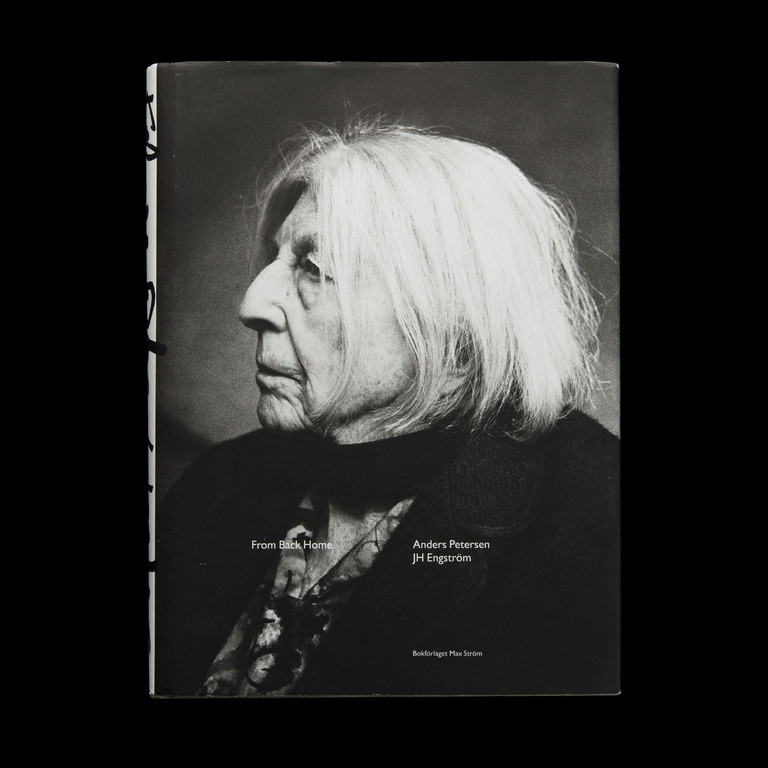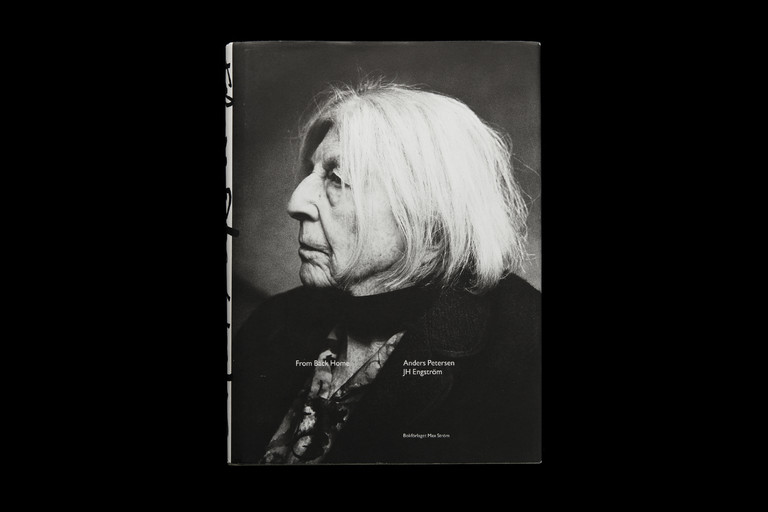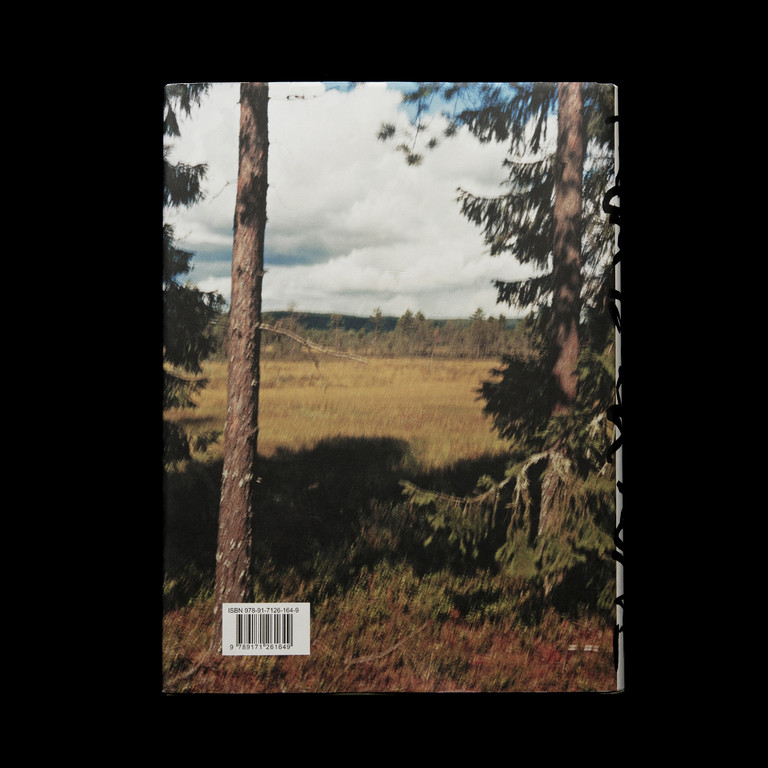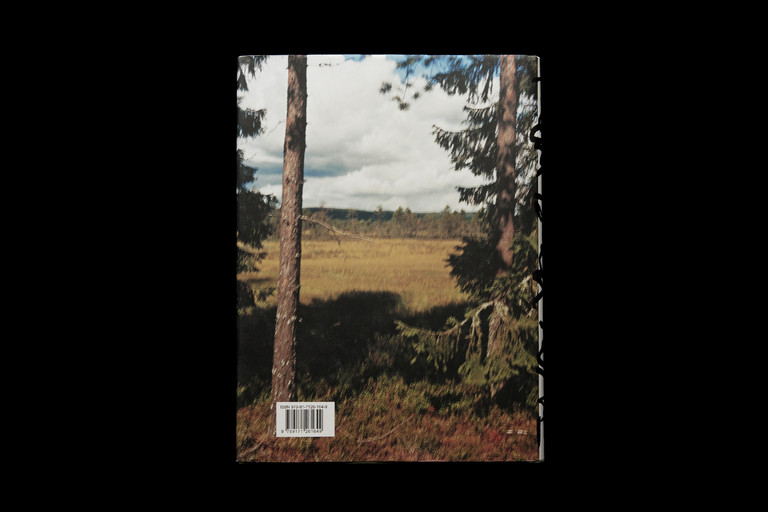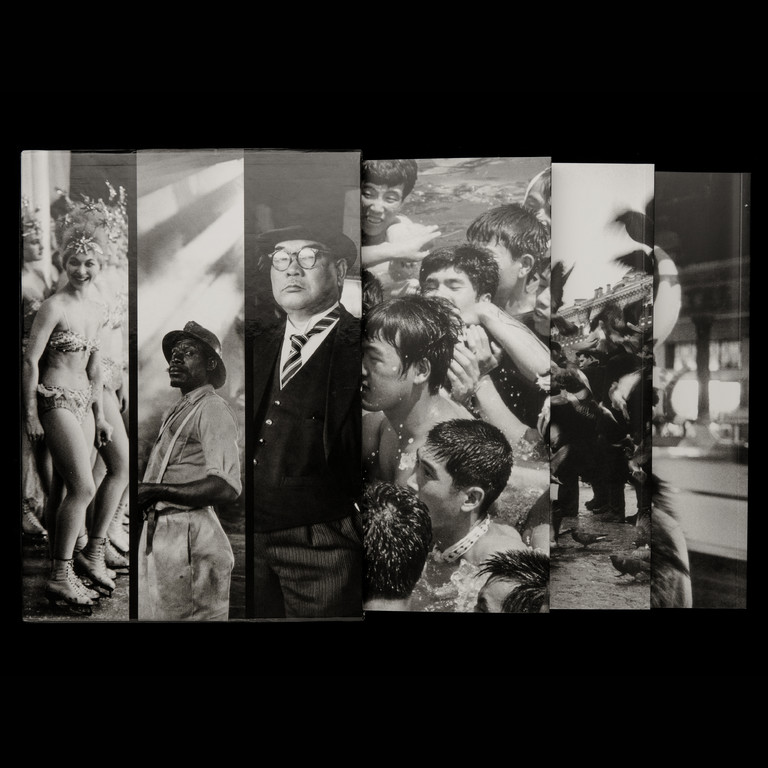

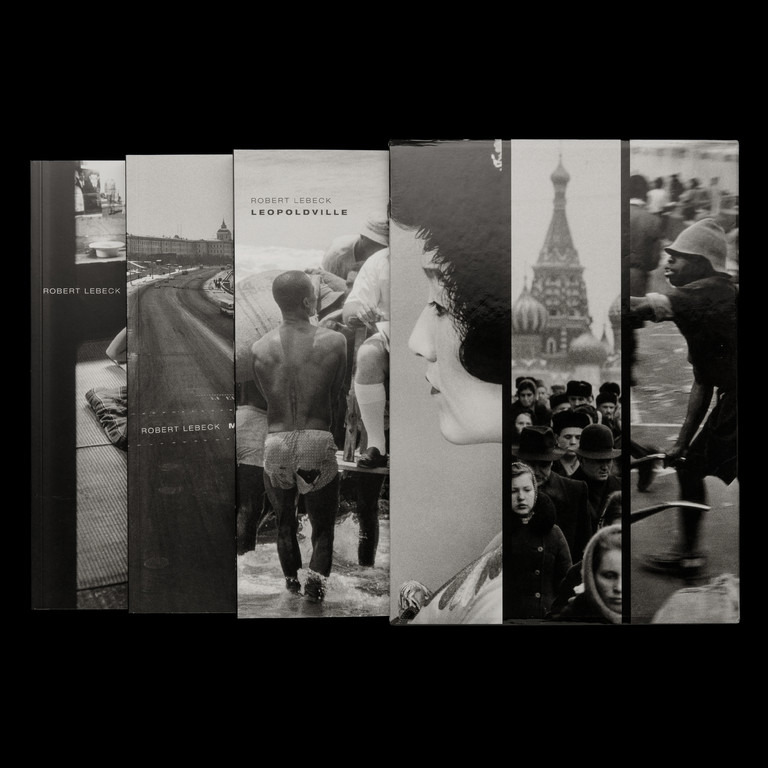
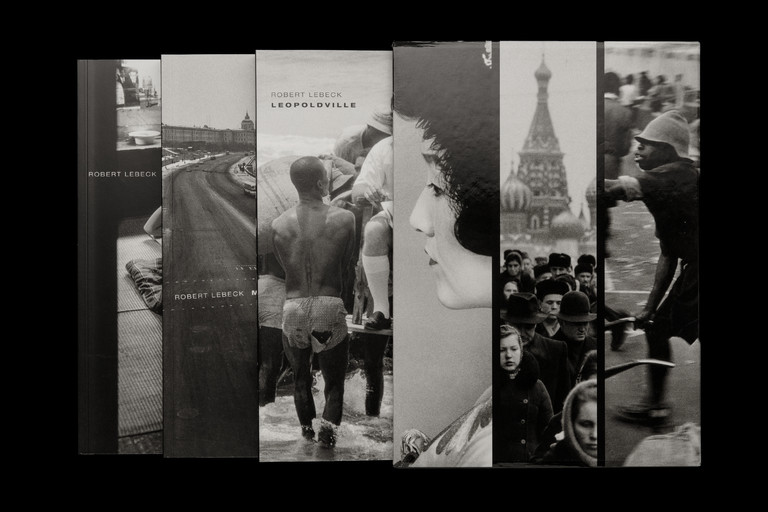
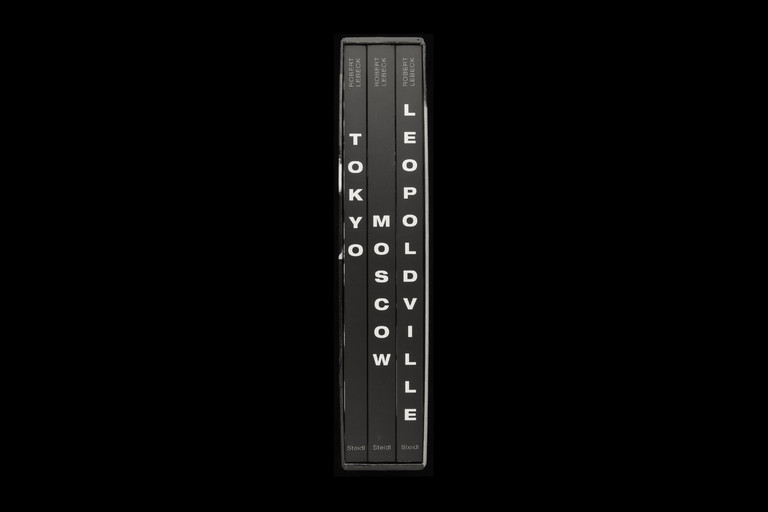
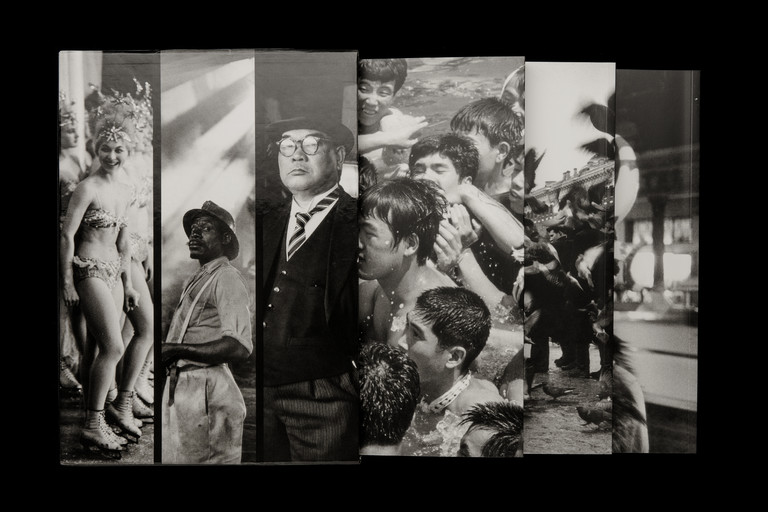
Condition report
Minor signs of wear on cover
Perhaps it was the wish to travel as often and as far as possible that drove the photographer Robert Lebeck to aim his camera at the world. Several of his photographs represent more than just successful reporting work. Lebeck was interested not only in the event in and of itself, but also in the stories on the fringes and the people behind the images. He was often found in places where history was being made. His photographs of Japan contrast the wealth of a few with the poverty of many. And when he photographed in the Soviet Union in 1962, he demonstrated a rare understanding of its culture. This handsomely slipcased three-volume monograph gathers images from Moscow, Tokyo and Leopoldville (current-day Kinshasa). These pictures of Africa, Asia and the Soviet Union, mostly made in the early 1960s, show a world in upheaval, a world in which extremes were colliding. Furthermore, they suggests that there is much more to be considered than that which is presented in the photographic image.
biography
Robert Lebeck (b. 1929, d. 2014) was an award-winning German photojournalist. At the age of fifteen Lebeck was drafted into the Wehrmacht and sent to the Eastern Front where he was captured as a POW by the Soviet Army. Finally repatriated after World War II, he finished high school at the Donaueschingen Fürstenberg Gymnasium, and went on to study ethnology in Zurich and New York. Self-taught as a photographer, he started in 1952 as a freelancer selling to various newspapers and magazines in Heidelberg.
